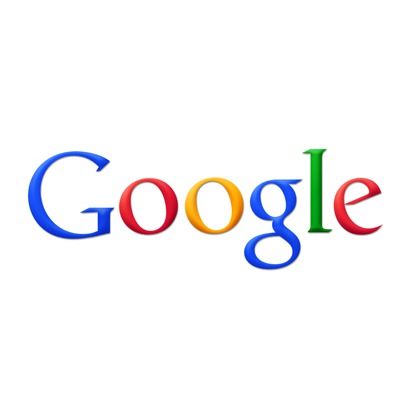Google Ad Decision Draws Feedback
NAI said privacy-first Internet is imperative

The smarter way to stay on top of the multichannel video marketplace. Sign up below.
You are now subscribed
Your newsletter sign-up was successful
Industry players were weighing in Wednesday (March 3) on Google's announcement that when it phases out third-party cookies, it will not try to come up with another way to identify and track browsing for the purposes of targeted advertising.
Also Read: Firefox Adds Third-Party Cookie Blocking As Default Setting
“The NAI values Google’s engagement with the broader digital media industry on the future of tailored advertising," said Network Advertising Initiative, the self-reguilatory data privacy association whose members include Adobe, Microsoft, Oracle, Verizon Media, and Google. "We are working together to build a privacy-first internet. This is imperative, because consumers want promotions and ads that are relevant, and they demand rich digital content supported by ad revenue.
"The relationships between consumers and the brands and publishers they engage with are indeed critical, and it also is important that there be a level playing field between first-party platforms and other stakeholders in the ad ecosystem. Privacy is a shared commitment, but it should not be used as a barrier so that platforms or technology intermediaries hold all the data about online activities.”
Also Read: Google Settles Cookie-Planting Suit
But another initiative member was not so circumspect.
"Google uses privacy as a shield to weaponize it's "moat," said Andy Monfried, CEO of ad tech services company Lotame. "The Moat is YouTube and their Search business. Almost everything else is a rounding error. Make no mistake, Google is now going to brand themselves as a 'Privacy Concerned' company for consumers. Don’t fall for it."
The smarter way to stay on top of the multichannel video marketplace. Sign up below.
Brian Handrigan, CEO of ad data platform Advocado, agrees that the Google move isn't all that it seems.
“The Google announcement is somewhat of a "wolf in sheep's clothing" approach by the largest digital advertising vendor on the planet," he said. "Their claim to eliminate individual tracking IDs may seem like a win for privacy advocates, but is actually more of a land grab. Google can build their cohorts because, when a user logs into chrome, they give Google permission to track.
"The real losers are competitors to the Google Ad products, advertisers and even consumers. Consumers will receive less targeted ads, and advertisers will have more ad waste."
"As expected, major platforms, and advertising and media companies are approaching privacy and data protection differently, but we believe we all share common goals: protecting data, safeguarding privacy, improving user experience, and betting on the ad-supported digital economy to continue delivering products and services users love," said the Interactive Advertising Bureau of the Google announcement.
But it, too, had issues.
"We are disappointed that Google did not work more closely with the industry prior to announcing its latest plans, but we believe Google’s announcement presents a critical opportunity for future collaboration. We invite Google, and other platforms, to join PRAM in developing a consistent, rigorous, supervised, transparent, and independent process for evaluating proposals -- from Google Ads, Chrome, or others," IAM said.
"While we have received some clarifications, there is still a great deal we don’t know about the specific implications of the Google announcement, and we are working with Google to better understand it. The industry aims to vigorously engage with Google through the PRAM process, so we can test, validate, and potentially strengthen its proposed approach."
Contributing editor John Eggerton has been an editor and/or writer on media regulation, legislation and policy for over four decades, including covering the FCC, FTC, Congress, the major media trade associations, and the federal courts. In addition to Multichannel News and Broadcasting + Cable, his work has appeared in Radio World, TV Technology, TV Fax, This Week in Consumer Electronics, Variety and the Encyclopedia Britannica.

